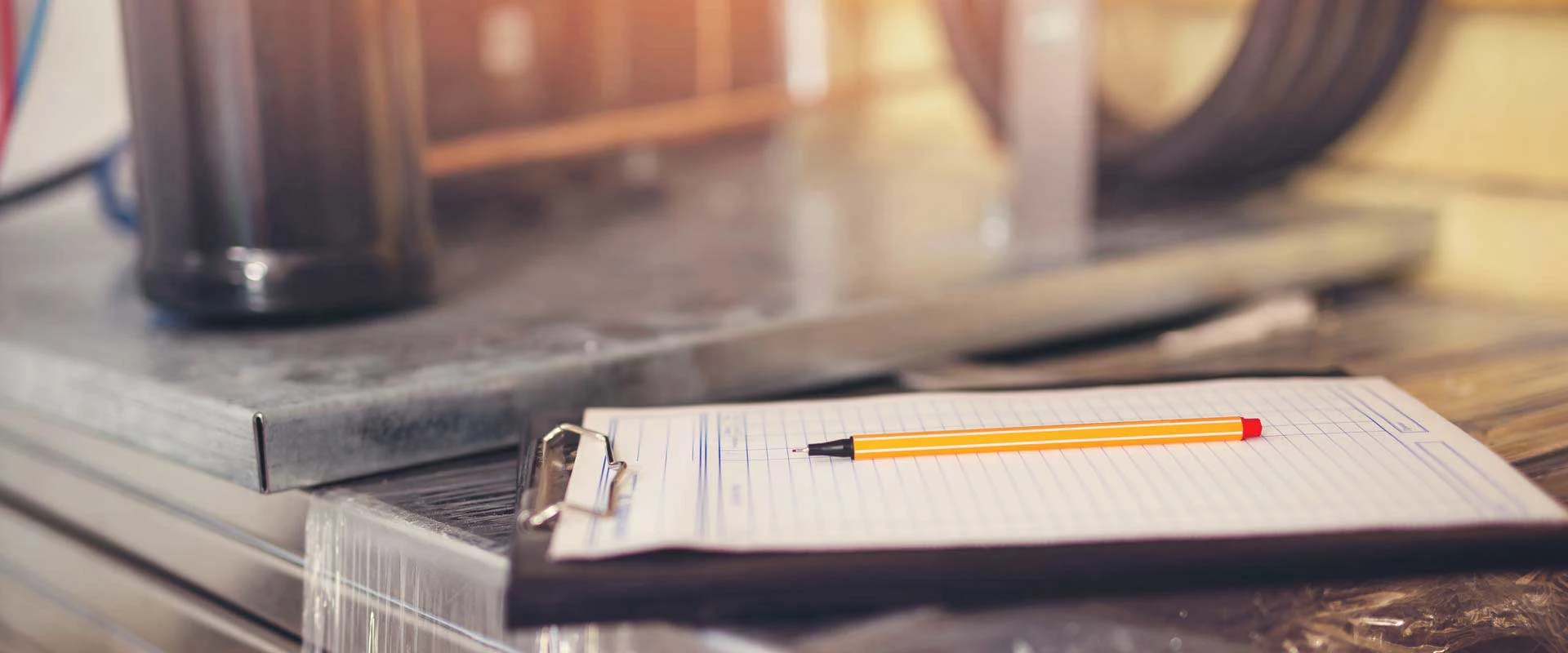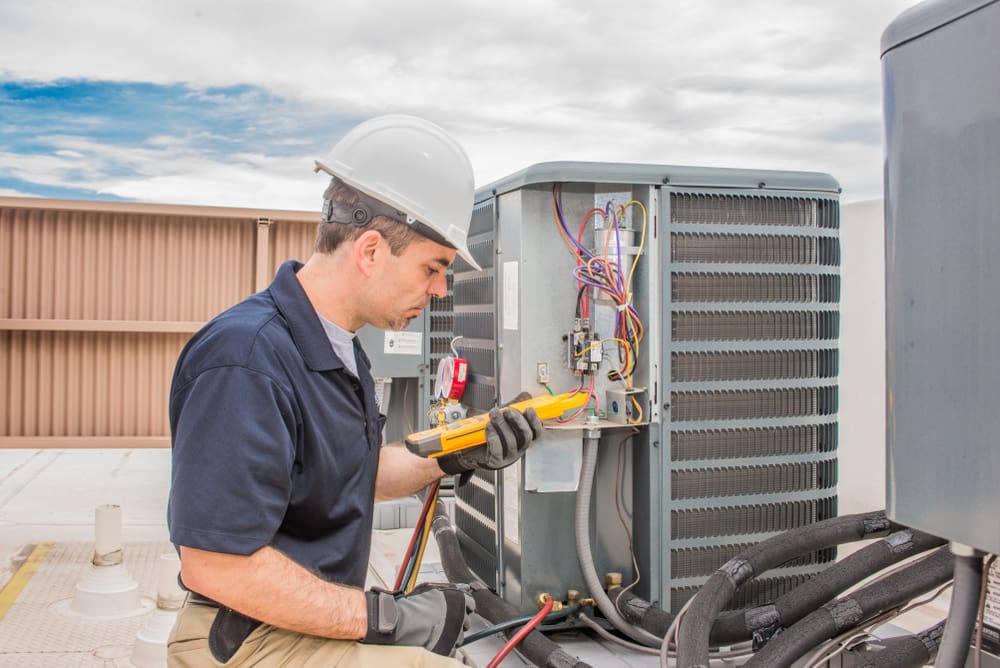Introduction
As the seasons change, so do our heating needs. Many homeowners find themselves grappling with the question: When to consider upgrading your old heating system? It’s a pivotal decision that can affect comfort, efficiency, and utility costs in your home. If you’ve been putting off this decision, you’re not alone. However, understanding the signs that indicate it might be time for an upgrade can save you a lot of headaches—and money—in the long run.
In this article, we’ll delve deep into the factors that should guide your decision-making process regarding heating system upgrades. We’ll discuss everything from energy efficiency to maintenance costs, ensuring that you have all the information at your fingertips to make an informed choice. And if you ever find yourself needing assistance, remember Tailored Mechanical is here for HVAC repair in Tucson whenever you need expert help.
Understanding Your Current Heating System
The Basics of Heating Systems
Before we determine when it’s time to consider upgrading your old heating system, it’s essential to understand how these systems function. Most residential heating systems fall into one of three categories: forced air systems, radiant heating systems, and heat pumps. Each type has its unique advantages and disadvantages.
Forced Air Systems: These are the most common types of heating systems found in homes today. They work by distributing warm air through ducts.
Radiant Heating Systems: This type heats objects directly rather than warming the air. It can be quite effective but also more expensive to install.
Heat Pumps: These are versatile systems that can provide both heating and cooling by transferring heat instead of generating it.
Understanding which type of system you currently have helps set a baseline for evaluating its performance.
Assessing System Age
The age of your heating system plays a significant role in its efficiency and reliability. Generally speaking:
- Systems older than 15 years may start showing inefficiencies. Systems older than 20 years often require frequent repairs.
If your system falls into these categories, it's time to consider whether replacing it would be more cost-effective than continued repairs.
Signs That Indicate an Upgrade is Necessary
Rising Energy Bills
One of the first indicators that your heating system may need an upgrade is a noticeable increase in energy bills without any corresponding increase in usage. If you've been using the same thermostat settings yet find yourself spending significantly more on energy each month, that's a red flag.
Why This Happens:
Older systems become less efficient over time due to wear and tear or outdated technology. An upgrade could lead to more efficient energy use, potentially saving you hundreds annually on your bills.
Inconsistent Heating
Do certain rooms in your house feel ice-cold while others are sweltering? Inconsistent temperatures can point to duct issues or problems with your unit's ability to distribute heat evenly throughout your home.
What You Can Do:
Seek professional advice from experts like Tailored Mechanical for HVAC repair in Tucson, who can assess whether duct cleaning or even a full replacement is necessary.
Frequent Repairs
If you're getting cozy with your HVAC technician because they're visiting too often, it’s definitely time to reconsider your options. Regular repairs could signify deeper issues within the unit itself.
Best HVAC repair in Tucson ArizonaCost-Benefit Analysis:
Consider keeping track of what you've spent on repairs over the last couple of years versus what a new unit would cost you upfront—and don’t forget about future savings!
Energy Efficiency Ratings
Understanding SEER and AFUE Ratings
When considering an upgrade, familiarize yourself with key terms like SEER (Seasonal Energy Efficiency Ratio) and AFUE (Annual Fuel Utilization Efficiency). These ratings help gauge how efficiently a system operates.
- SEER is crucial for cooling systems but also touches on how well HVAC units manage energy overall. AFUE applies specifically to furnaces and boilers; higher percentages indicate better efficiency.
A new system typically operates at 90% efficiency or higher compared to older models that may struggle below 70%.
Choosing Energy-Efficient Models
Upgrading presents an opportunity to switch from fossil fuel-based systems (like oil or gas) to environmentally-friendly options such as electric heat pumps or solar-assisted heaters.
Electric Heat Pumps Geothermal Systems Solar PanelsThese alternatives not only reduce carbon footprints but also align with modern eco-conscious values—saving money while saving the planet!
Long-Term Benefits of Upgrading Your Heating System
Enhanced Comfort Levels
Newer models offer superior climate control features such as zoning capabilities—allowing different areas of your home to be heated at different levels according to personal preferences.
Why Comfort Matters:
Investing in comfort improves overall quality of life at home! Who wouldn’t want their living space perfectly tailored?
Increased Home Value
Upgrading not only enhances comfort but also boosts property value when it comes time for resale—a smart investment move!
Market Trends:
Potential buyers are increasingly looking for energy-efficient homes equipped with modern amenities; outdated systems could deter many prospects right from their initial walkthroughs!
Environmental Considerations
Reducing Carbon Footprint
Old heating systems often rely heavily on fossil fuels, contributing significantly towards greenhouse gas emissions—a concern we can't afford to ignore anymore!

Going Green:
By investing in eco-friendly technologies like solar panels or high-efficiency electric models during replacement phases will aid both personal savings efforts while enhancing environmental sustainability practices globally!
Incentives for Eco-Friendly Choices
Many local governments offer incentives such as tax credits or rebates for homeowners transitioning away from conventional fossil-fuel-based heaters towards greener alternatives—check what's available locally before committing!
Financial Implications of Upgrading
Initial Costs vs Long-term Savings
Upfront investment might seem daunting—but keep those long-term savings front-of-mind! A newer model will generally yield substantial reductions across utility expenses over its lifespan—potentially offsetting much higher initial costs involved during installation periods too!
Calculating ROI:
To truly appreciate financial benefits associated with replacements; compile current operating costs alongside estimated savings gained post-upgrade based upon anticipated usage patterns moving forward thereafter!
| Item | Estimate Before Upgrade | Estimate After Upgrade | Potential Savings | |-----------------------------|-------------------------|------------------------|-------------------| | Monthly Energy Bill | $200 | $120 | $80/month | | Annual Maintenance Costs | $600 | $200 | $400/year |
The Role of Professional Assessment
Importance of Expert Evaluation
Before making any final decisions regarding upgrades; consulting certified professionals serves as crucial step toward ensuring accurate evaluations conducted—offering insights tailored specifically towards individual situations requiring attention!
Tailored Mechanical's Expertise
Relying on trusted services like Tailored Mechanical ensures access not only top-notch advice regarding necessary upgrades themselves but also ongoing support throughout entire lifecycle management phases down road whenever needed—creating peace-of-mind benefiting all parties involved alike thus fostering trust & loyalty built over years-long relationships established together thereafter too!

FAQs About Heating System Upgrades
How do I know if my heating system is still efficient?- Look at its age and maintenance history; if it's older than 15 years and requires frequent repairs, consider upgrading.
- Focus on efficiency ratings like SEER and AFUE along with warranty options offered by manufacturers.
- While some DIY enthusiasts might attempt it; hiring professionals ensures proper installation compliance with safety codes & regulations!
- Options include forced air units, radiant heaters & heat pumps—all differing based upon specific needs/preferences!
- Many companies offer financing plans—always inquire about potential payment arrangements when receiving quotes!
- Ideally every 1-3 months depending upon usages & conditions present within environment surrounding unit(s) installed thereafter accordingly!
Conclusion
Deciding when it's time to upgrade your old heating system isn't merely about technology—it’s about comfort, safety, efficiency, and sustainability! By recognizing key indicators signaling impending changes required taking place sooner rather than later coupled alongside proactive measures initiated beforehand ultimately allows smoother transitions occurring throughout entire process itself thereafter repeatedly ensuring satisfaction levels maintained continuously thereafter too!
So ask yourself again: When should you consider upgrading your old heating system? With knowledge comes power—don’t hesitate any longer! Contact Tailored Mechanical today for expert advice on all things HVAC repair in Tucson!